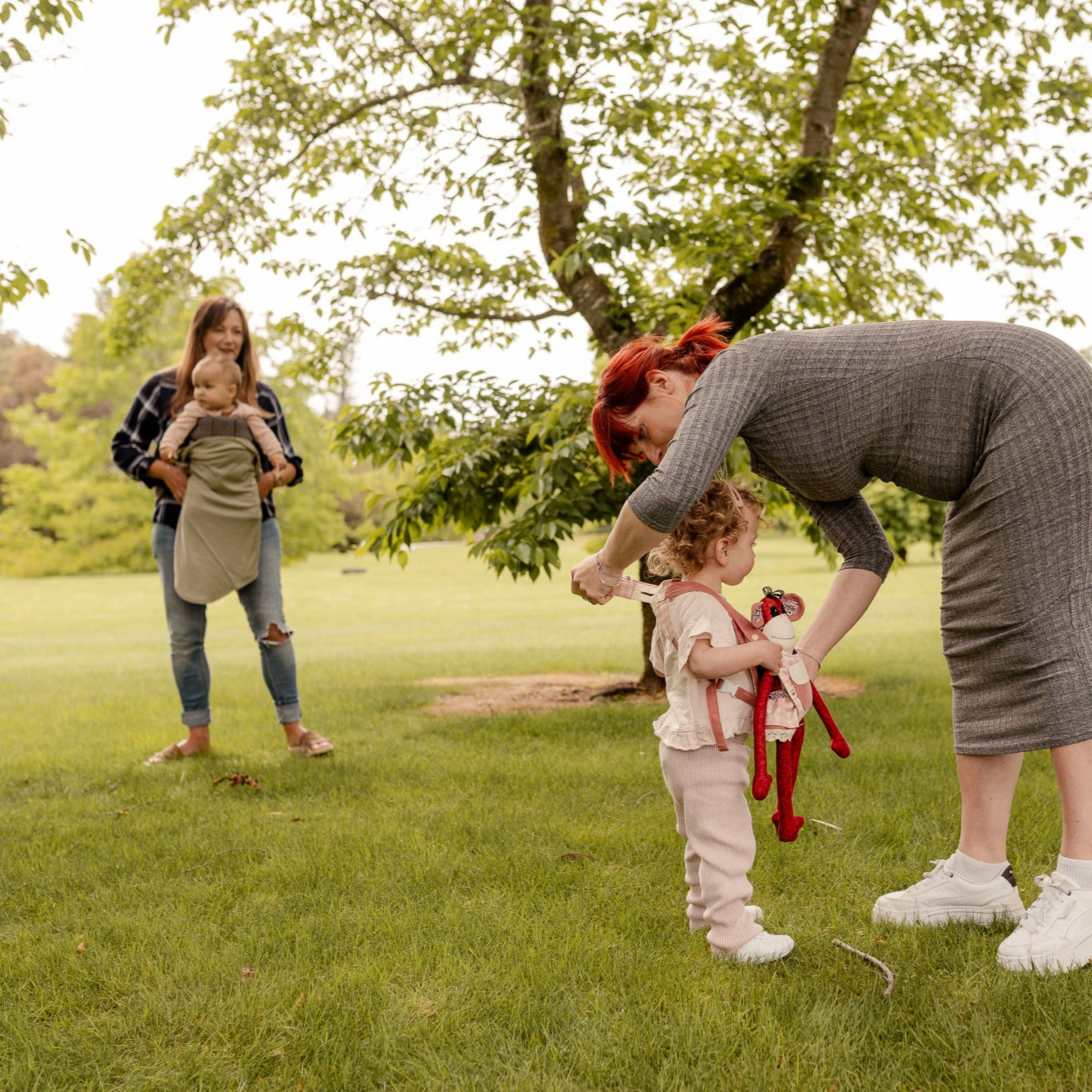
Physical Health Benefits
The connection between strong family relationships and physical health has been well established in medical literature, but the specific health benefits for grandparents who maintain close relationships with grandchildren are particularly striking. These benefits operate through multiple biological pathways, from immune function to cardiovascular health to longevity itself.
A comprehensive meta-analysis published in PLOS Medicine examined data from 148 studies involving over 300,000 participants and found that people with strong social relationships had a 50% increased likelihood of survival compared to those with weak social ties. This effect remained significant even after controlling for age, sex, initial health status, and cause of death. For perspective, this survival advantage is comparable to quitting smoking and exceeds the protective effects of many medical interventions.
Dr. Lisa Berkman, Director of the Harvard Center for Population and Development Studies, has spent decades researching the health impacts of social connection. Her work demonstrates that social relationships affect health through behavioural, psychological, and physiological pathways. For grandparents, maintaining connection with grandchildren can encourage healthier behaviours (staying physically active to keep up with grandchildren, maintaining cognitive engagement), reduce stress hormones like cortisol, and even modulate immune function.
The cardiovascular benefits are particularly well documented. A study in the American Journal of Public Health found that older adults with strong family connections had lower blood pressure and reduced inflammation markers compared to socially isolated peers. The researchers suggested that the positive emotions associated with family connection trigger the release of oxytocin, a hormone that has anti-inflammatory properties and supports cardiovascular health.
Perhaps most remarkably, grandparenting may literally extend lifespan. The Berlin Ageing Study, which followed 500 older adults for 20 years, found that grandparents who provided occasional care for grandchildren lived longer than those who did not. The survival effect was substantial: five years after the study began, approximately 50% of grandparents who provided care were still alive, compared to only 30% of those who did not.
Author and physician Dr. Gabor Maté, in his book When the Body Says No, explores how emotional disconnection manifests in physical illness. He argues that chronic stress from isolation and lack of purpose—both risks for geographically separated grandparents—can contribute to conditions ranging from autoimmune disorders to cancer. Conversely, meaningful connection provides what Maté calls "emotional nutrients" that support physical health.
The implications for remote grandparenting are clear: maintaining connection isn't just emotionally satisfying; it's a health imperative. The physical benefits don't require constant in-person contact but do require consistent emotional engagement. A grandparent who eagerly anticipates weekly video calls, takes joy in composing letters, and feels purposeful in their relationship with distant grandchildren can still reap significant health benefits.
Dr. Dan Buettner, who studies "Blue Zones" (regions where people live longest), consistently finds that strong family connections are a common denominator amongst centenarians. In his book The Blue Zones: Lessons for Living Longer, he notes that older people who remain actively engaged with younger generations maintain better physical health well into old age. This engagement, he emphasises, is about quality and intentionality, not necessarily proximity.
References
- Berkman, L. F., Glass, T., Brissette, I., & Seeman, T. E. (2000). From social integration to health: Durkheim in the new millennium. Social Science & Medicine, 51(6), 843-857.
- Buettner, D. (2008). The Blue Zones: Lessons for living longer from the people who've lived the longest. Washington, DC: National Geographic Society.
- Hilbrand, S., Coall, D. A., Gerstorf, D., & Hertwig, R. (2017). Caregiving within and beyond the family is associated with lower mortality for the caregiver: A prospective study. Evolution and Human Behavior, 38(3), 397-403.
- Holt-Lunstad, J., Smith, T. B., & Layton, J. B. (2010). Social relationships and mortality risk: A meta-analytic review. PLOS Medicine, 7(7), e1000316.
- Maté, G. (2003). When the body says no: The cost of hidden stress. Toronto: Knopf Canada.
- Uchino, B. N., Cacioppo, J. T., & Kiecolt-Glaser, J. K. (1996). The relationship between social support and physiological processes: A review with emphasis on underlying mechanisms and implications for health. Psychological Bulletin, 119(3), 488-531.
Discover All Our Mail-Friendly Treasures





Join Our Community Of Grandparents
We would love for you to become part of our community and foster those special relationships with loved ones.
Our newsletter goes out once a month and is choc full of tips, tricks, research as well as new collections and exclusive offers.

